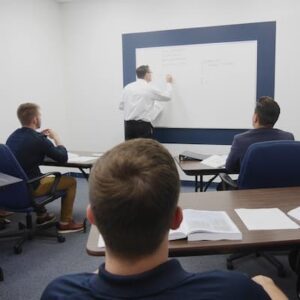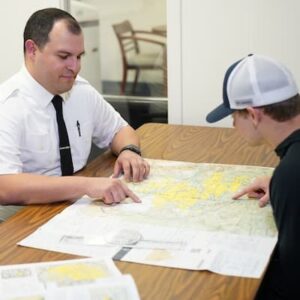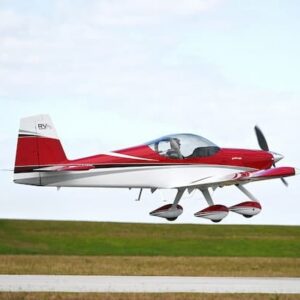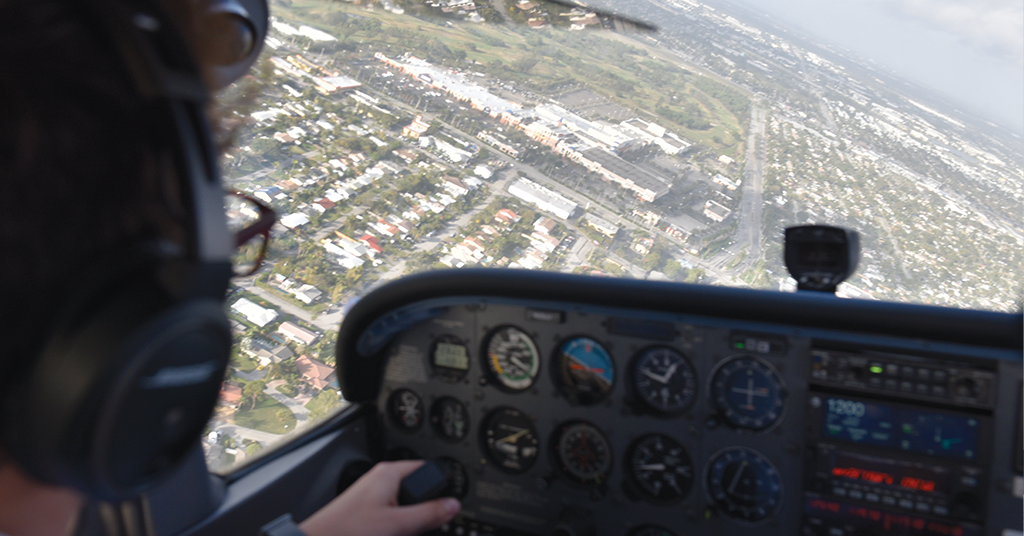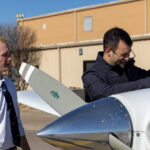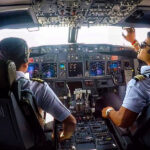Everyone has a story, and every pilot has a reason for learning to fly. Then in many cases, “life happens.” We see this often where a pilot learned to fly years ago, and due to family, financial, business, or many other reasons, they had to stop flying. As soon as they get back to a place where aviation fits into their lifestyle again, they call or show up at the school.
Many are apprehensive about learning again, and others don’t realize how much they have forgotten. As with most complex skills, you need to use them, or you will lose them. Just like golf, you can be a scratch golfer for a while, but if you don’t pick up a club for years, you will need to regain your skills once again.
Let’s look at the lifespan of certain flying skills.
Landing: You have a few hundred hours under your belt and at least a couple of hundred landings. When you factor in crosswind control, the stabilized approach concept, and airplane configuration, it is easy to see how a rusty pilot can fall behind the airplane. How hard can it be?
Emergencies: When was the last time you reviewed the POH and studied the schematics and system descriptions. If you are like most students, you were at your peak for your check-ride, and it started going downhill from there. Now you are trying to remember what makes the gear go up and down, what the target power settings are, and what to do in case of an emergency.
Weight and Balance: When was the last time you calculated a full weight and balance? Better yet, when was the last time you calculated a weight shift? Digging back into the numbers and charts again can be a daunting task.
Aircraft performance: You are going to cruise at 3,500’, and you want to do so with 55% power. What are your power settings? What is your fuel flow? What is the airplane going to do?
Regulations: This is a big one. Most people that stay out of flying for a while will tend to look at a POH every once in a while or start to read a book as they get closer to getting current. Nobody, nobody likes to read regulations or the AIM. Mostly because they are technical and difficult to understand. Yet many FAR infractions occur with recurrent pilots.
We can continue to discuss communication skills, taxi skills, instrument skills, and more. This can be an intimidating prospect for anyone.
This is where an organized flight school comes in. We specialize in helping pilots who have been out of flying for a while, regain their proficiency and their confidence in the airplane. And we do it much faster and more efficiently than you can do it yourself. We have the tools to help you, which include up-to-date and easy-to-understand training manuals, flight simulators, and state-of-the-art airplanes. Not to mention highly trained and standardized instructors.


